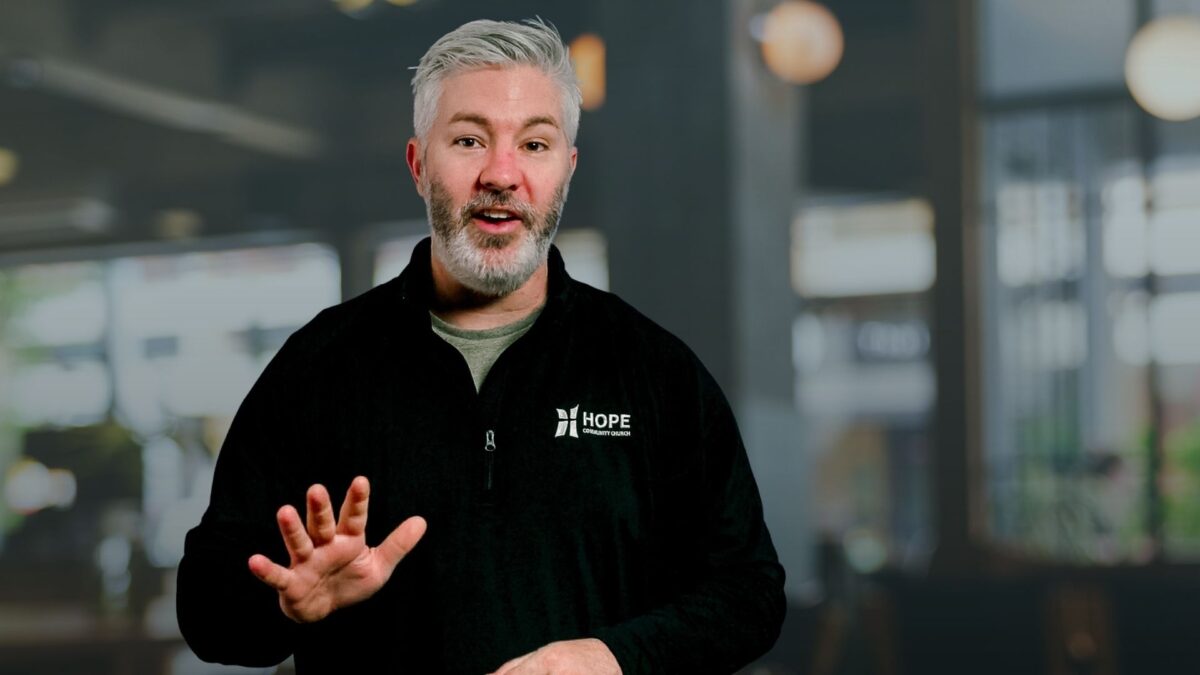Stages: The Preschool Years

What they need in this phase is a safe place for them to explore feelings, outbursts, and the feeling of failure from failing to meet expectations
My 4-year-old, Elliott, in shame, puts his hands on his face and hides himself when he realizes he doesn’t meet our expectations. Our 9-month-old, Luke, doesn’t. Elliott is realizing that there is this, unwanted feeling of shame from failing to meet the standards he has observed all these years; and the baby hasn’t experienced this yet.
In this phase of life—the preschool years, you give LOW freedom, again too much would be completely irresponsible. When he was 3, we caught our middle-child dragging his balance-bike up the stairs so that he could ride it down. That is a bit too much freedom.
Things start to really change in our role as parents in the elementary years. You are still the air-traffic controller, but you are letting the plane call some shots. In this phase, we start thinking ahead, to teach them and set them up for success in 4th and 5th grades for 6th and 7th grades.
One tool to do this well is what we call the post-game reviews. Every single day, our kids will fail at something, or let us down, or make wrong choices, or find themselves in an unwanted situation. Our job isn’t necessarily to protect them from these, but to guide them through. The post-game review is taken from the sport-world where teams meet after the games, maybe have a film-session on Monday rewatching the good and bad things that happened on the field.
The post-game review in our kids’ lives is the same thing. It’s taking time to celebrate the good that happened, and use the bad as teachable moments. We can start teaching them to focus on character and self-improvement, personal responsibility, and even how to handle difficult conversations.
If a teacher at school calls us out for not making wise choices, or a friend gives their honest opinion, we don’t want to push them away and reject what they have to say. A teacher calling our kids out for something may not be a bad thing, but typically as people, our go-to reactions are defensiveness and deflection. Maturity is realizing there is something to what he or she said. And as parents, we can use post-game reviews to guide them towards maturity.
So, in this phase, there is GROWING freedom. Maybe riding their bike around the neighborhood, or going to friends’ houses and learning how to handle interpersonal relationships. Maybe it looks like more access to screen-time.
Regardless of what it is, the post-game reviews are KEY!